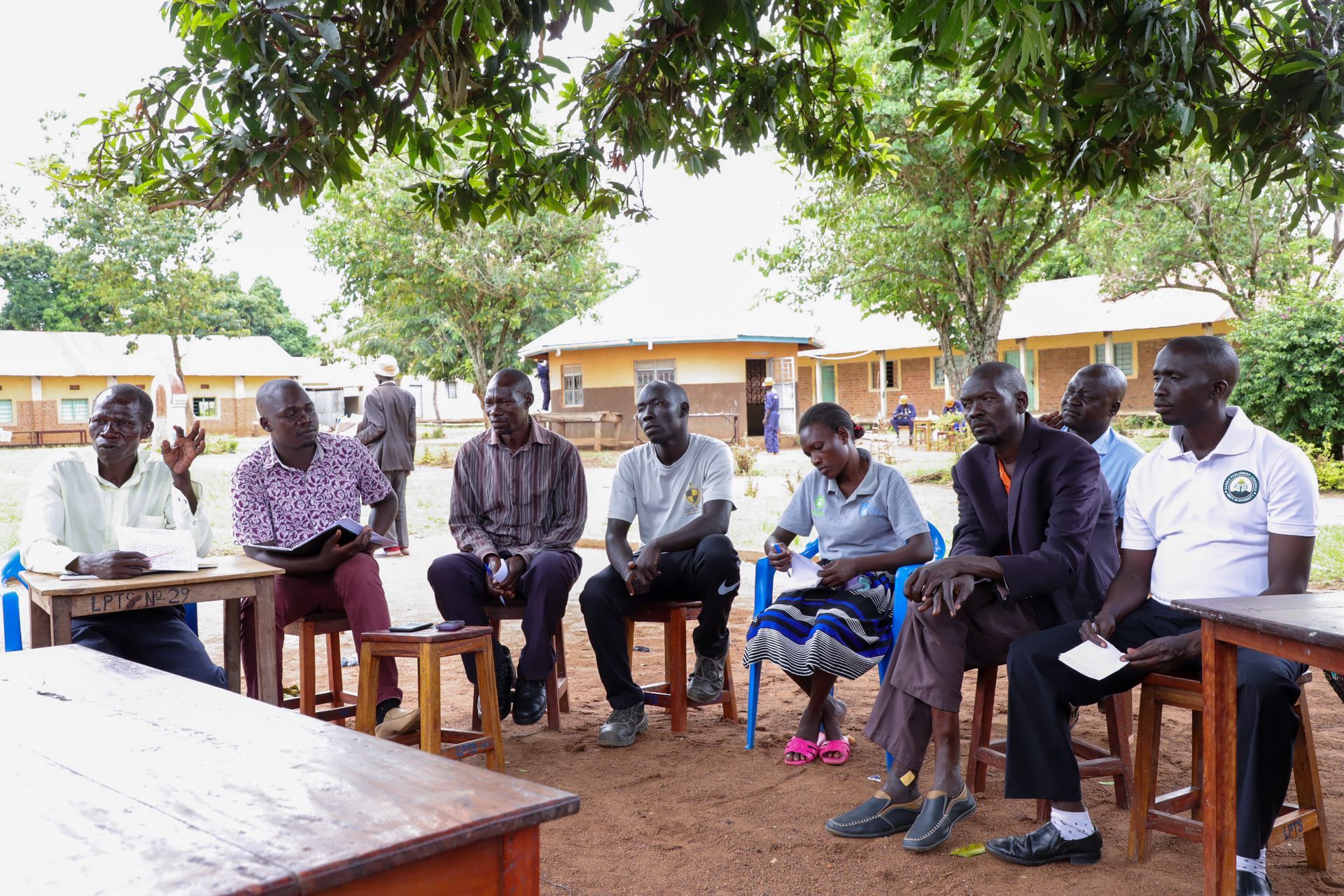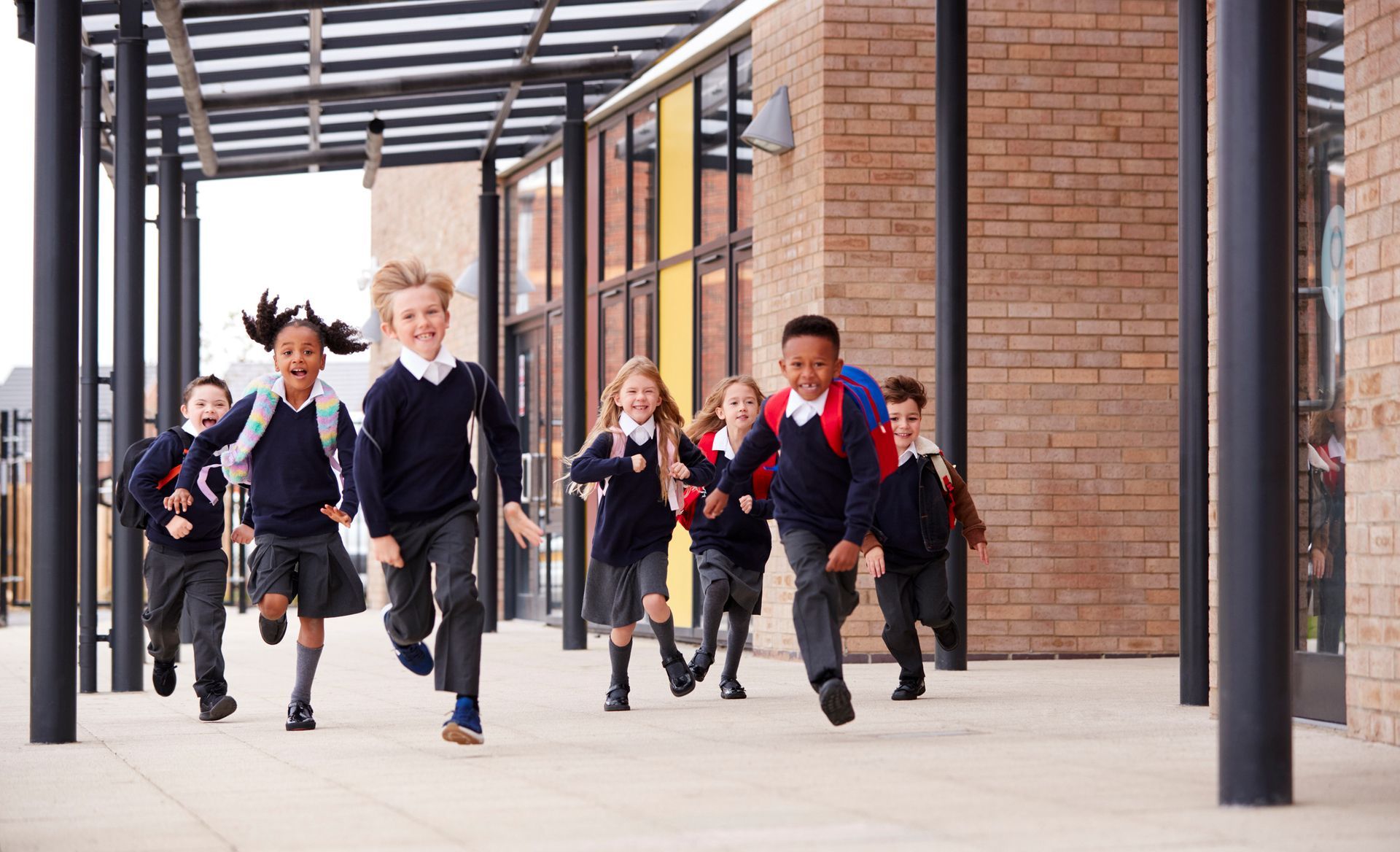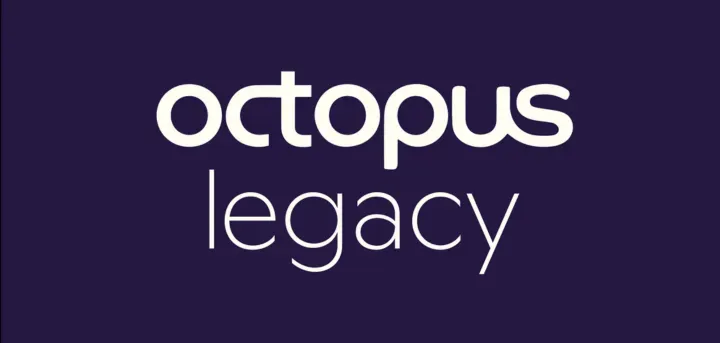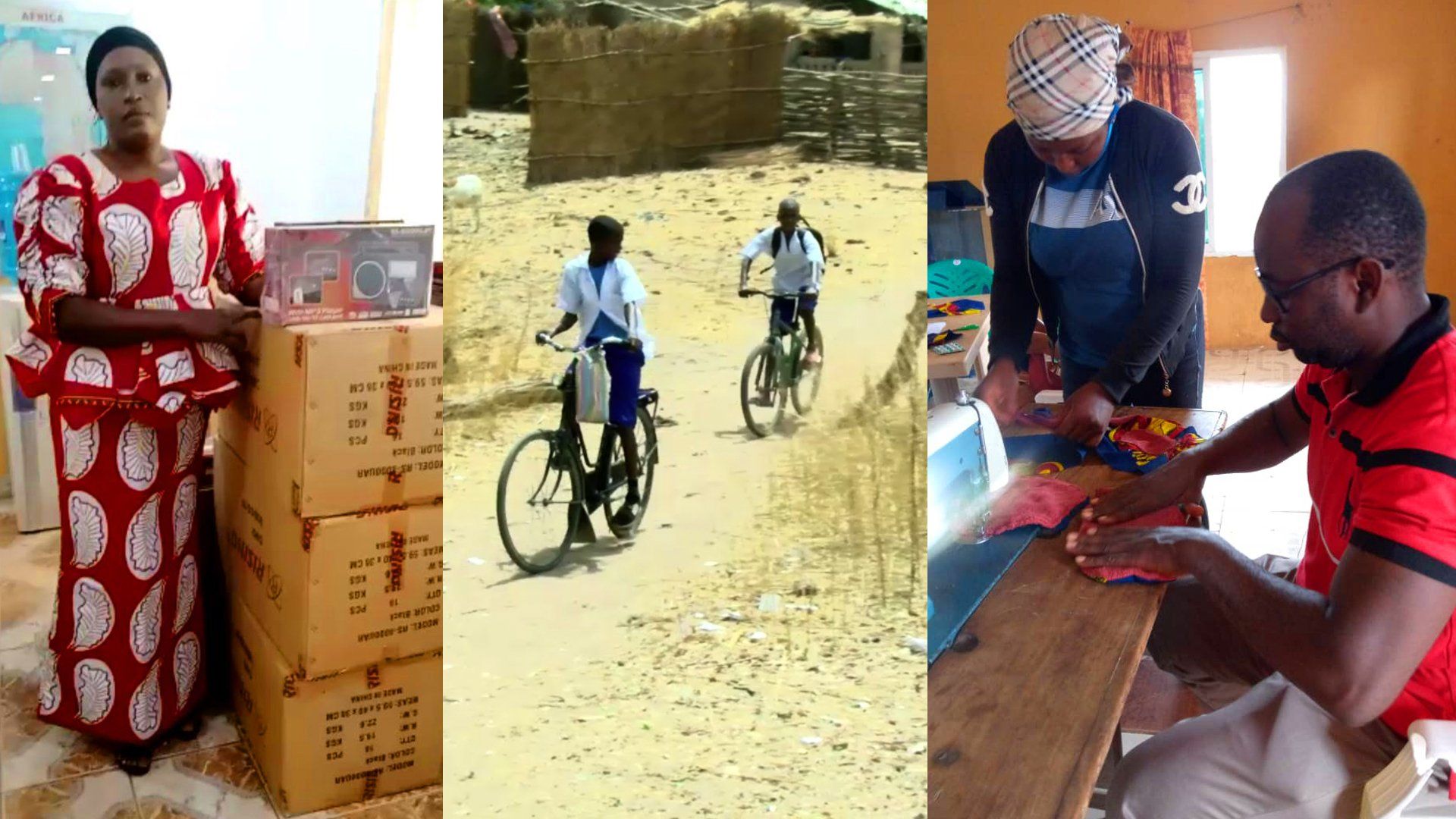Why change needs to be Global
One thing that the Pandemic has illustrated to everyone is how connected we all are to each other. We do not exist in bubbles, our groups are made up of people in other groups, who are connected to more groups and so on. Over the past year and a half we saw the virus spread rapidly across the world. We are all connected across the world.
If we eradicate Covid19 from the UK it will be back in a heartbeat. If we have a vaccination programme in only the wealthy countries, a new variant could bring us all back to square one. We need to eradicate it from the world.
It’s the same for education too. If we are able to get access to quality education right in one country, the problems caused by lack of education are still going to affect people across the world.
Despite improvements over the past decades, progress towards achieving education for all has stagnated and close to 260 million children are not able to access education. In some countries where children do go to school, they are not always able to complete their education.
It is often children from the poorest households, who live in rural areas and particularly girls who are not able to access education.
Marginalisation based on socio-economic status, gender, ethnicity, language, religion and location are all contributors to education inequality. The Covid-19 pandemic has compounded the inequalities children face in accessing their human right to education.
Lack of education, and therefore opportunities, in one part of the world leads to environmental degradation, loss of species, disruption of ecosystems leading to extreme weather and natural events, activities increasing global warming, and viruses jumping species. These things affect the globe.
So in the same way that we have to eradicate Covid19 from the globe, we also have to make education accessible throughout the globe. We are all connected, and a problem created in one place will affect everyone.
We have challenges in the UK and we are all rightly concerned about how we can fix our own problems locally. But we also need to think differently and work on ways to find solutions to problems globally, if we don’t, we will all be adversely affected in a wide range of ways. Working on a global level is a better safety net, and the only truly sustainable way to move forward.
Global change also needs to be achieved at grass roots level, chosen, developed and applied by the local people and culture of each area. It has been proven many times in our partnership work that If people are given the opportunity and work together they can find the unique solution that will work for them long term. That way it is not only sustainable but also is preserving and respecting culture and national differences.
The Steve Sinnott Foundation is working at a grass roots level to make a change to education in our partner areas. We share learning and adapt and replicate projects that allow children and young people access to education and opportunities, which we know from experience make a real difference to peoples’ lives. We will continue reaching out to people, connecting people in different countries, opening an international dialogue about the necessity of Education For All.
Steve Sinnott • August 31, 2021

In the heart of Uganda’s refugee settlements, where overcrowded classrooms and limited resources make the teacher–student ratio very low, positive changes are unfolding. Teacher Learning Circles (TLCs) are empowering teachers, bridging the teacher shortage gap, and nurturing inclusive, quality education for all. In these small, collaborative groups, qualified teachers and volunteers regularly meet to reflect on their teaching practices, share lesson planning strategies, discuss classroom management challenges, and learn from each other’s experiences. Although schools require fully qualified and trained teachers, recent aid cuts have forced many teachers to abandon the profession due to reduced or no pay. This has led to finding alternative support, such as absorbing community volunteers in schools, to ensure continuity of learning. TLCs provide practical mentorship from experienced peers, bridging the skills and knowledge gap. Teacher Learning Circles have improved not only teaching, but also the relationships between students and communities. Teachers feel valued and supported and they handle conflict in a calm way that contributes to peaceful coexistence. These values are passed on to the learners and eventually their families and communities. Whether trained or volunteering, TLCs have provided a space to grow, connect, and lead. By joining or starting a Teacher Learning Circle, schools have become part of a movement that brings hope, healing, and quality education to children of all backgrounds. ‘We are professionals from different fields sharing knowledge freely. This has diversified my teaching methods and improved how I relate to students,’ said Amayo Hillary, who teaches at the Bidi Bidi refugee settlement, Yumbe District. TLCs directly support the achievement of SDGs in the following ways: SDG4: Quality Education They improve teaching quality, promote inclusive practices, and strengthen teacher retention, ensuring every child receives equitable and effective education. SDG 3: Good Health and Well-being Teachers trained in TLCs report better stress management and psychosocial support skills, which benefits both educators and learners. SDG 5: Gender Equality TLCs promote gender-sensitive teaching and empower female teachers, contributing to safer and more inclusive learning environments. In the Teacher Learning Circle, collaboration turns shared challenges into shared victories. BY Philip Talemwa Transformative Education Coordinator and Project Lead Danida Strategic Partnership II, Oxfam Uganda.

Janice Mullan, President of the Ulster Teachers’ Union 2025-2026, Literacy Lead Teacher in an EOTAS (Education Other Than At School Centre) supporting students who find it impossible to sustain their mainstream placement due to severe anxiety, diagnosed mental health issues or just not feeling good enough. In the quiet classrooms and creative spaces of EOTAS centres, some of the most transformative work in education is taking place, not just in literacy and numeracy, but in relationships, resilience and hope. My class sizes are smaller than most, and for my pupils who have been excluded, disengaged or whose circumstances make mainstream schooling unbearable, our centre is a vital second chance at whose heart lies the spirit of Sustainable Development Goal 4: ‘Ensure inclusive and equitable quality education and promote lifelong learning opportunities for all’. Education should reach every learner, whatever their background, challenge or story. I tell every student that their story is their ‘superpower’; they are here, inspiring everyone around them. All arrive in my classroom carrying emotional trauma or fractured family relationships or experiences of bullying and social isolation. All feel that, academically, life is over for them and that they will never be able to attend college or get a job; how sad is that at just fifteen years old? And so, relationship education, rooted in emotional literacy, is a central pillar to my teaching, as is the positive relationship which is necessary if the student is to not only survive, but thrive. Confidence in spelling, grammar and vocabulary increase, as if by magic, with growth in self-esteem and a sense of belonging. At the moment in Northern Ireland, we are reviewing assessment. I hope the aspirations of SDG 4 do form part of this. The psychological and emotional needs of our students must be addressed by teaching them to question and thus understand their feelings and thereby, themselves, in order to allow them to develop and carve out a sustainable future for themselves. For these students, education is not just inclusive, it’s truly transformative. The ideal of inclusion is practised daily by advocating and modelling empathy, sensitivity, belief and compassion. When a young person with severe anxiety finds the courage to walk into a class again, when they begin to smile, trust and offer their ideas and opinions, that is progress of the highest kind. One of the most successful learning activities was an integration programme with a small group of 15 to 16 year-old pupils from a neighbouring special school. These pupils had moderate learning difficulties, and we met once a week for an indoor games session, usually football or hockey. Even the most cynical and battle-scarred teenagers' emotional defences were broken down when they came into contact with pupils who were non-judgemental about designer clothes or iPhones. All pupils enjoyed learning and teaching how to dribble a ball and score a goal. This was true inclusion, built on sensitivity, empathy and fun interaction. Like all teachers in EOTAS, we work miracles, but we need resources to effectively meet the needs of young people experiencing emotional distress and anxiety; we need counselling, therapeutic support and specialist staff on site. Mental health support must not be seen as an optional extra, but as central to education for all. Education must be seen as teaching students to mature into caring, capable and connected individuals who value themselves and those around them. Assessment and data capture must acknowledge and value this. Teaching unions will continue to lobby those in power that inclusion is not just a theory, but a valuable, daily practice which travels far beyond its humble beginnings in the classroom. by Janice Mullan, President of the Ulster Teachers’ Union 2025-2026

We have partnered with Octopus Legacies to offer all of our supporters a free and easily accessible way of writing your will. When you write your will, you’re shaping the story of your life and you have the power to make that story continue. By taking up our free will offer and leaving a gift to The Steve Sinnott Foundation, you can help ensure that children and teachers around the world continue to have access to the education and training that they need. The offer of a free will helps you to plan for the future with ease and reassurance, ensuring loved ones are cared for while also creating a meaningful legacy. It’s a simple, accessible way to do something that feels personally fulfilling and socially impactful. Leave a legacy — help education flourish for generations to come As part of the free will writing process, we hope you will consider leaving a legacy gift to the Foundation. Leaving a legacy gift ensures that your values live on by supporting the Foundation’s mission to advance quality education for all. Your gift can help transform lives, enabling children, teachers, and communities around the world to access learning opportunities that might otherwise be out of reach and make a lasting impact on global education. Why leave a legacy gift? 1. Make a lasting impact on global education Your legacy can open classroom doors, train teachers, and empower communities through the gift of learning. Every legacy, large or small, helps to build a world where everyone has the chance to learn and thrive. 2. Reflect your values and inspire others Your will is a reflection of what matters most to you. By including The Steve Sinnott Foundation, supporters can express their belief in fairness, opportunity, and the power of education to change lives long after their own lifetime and inspire future generations. 3. Peace of mind with a free, professional will Through our free will offer, you can write or update your will with trusted professionals at no cost to you. It’s an easy, reassuring way to care for your loved ones and make a meaningful difference to others at the same time. Your gift will: Provide access to quality education for all children Support teachers and educators around the world Promote gender equality and inclusive education Strengthen communities through knowledge and opportunity Take the next step Leaving a legacy is simple and it starts with a conversation. Find out more about our free will offer Contact our friendly team at www.octopuslegacy.com/will/ssf to learn how you can create your will and make a lasting difference through education.


